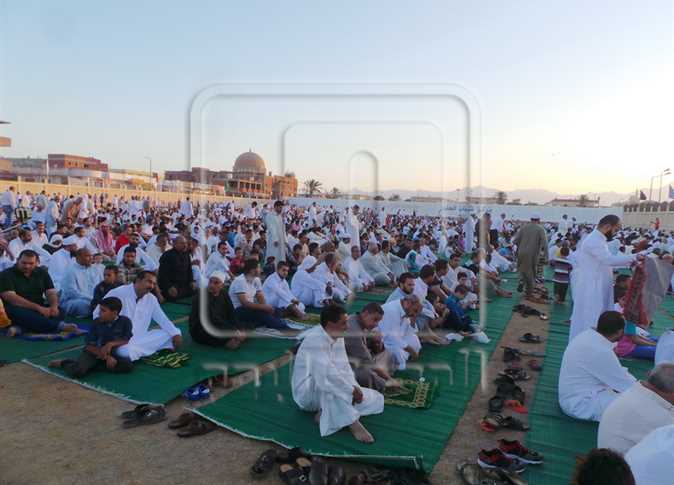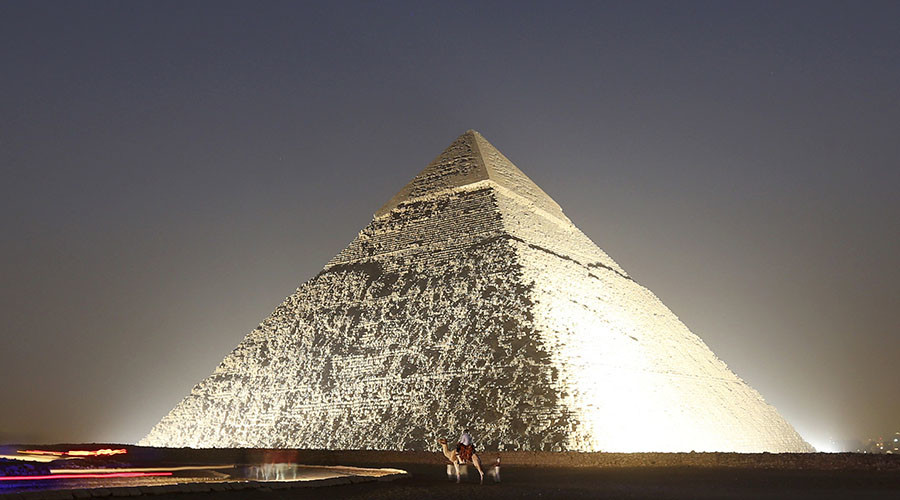
In the early morning hours of the first day of Eid Al-Adha or Eid Al Fitr, Muslim children worldwide wake up and and sit patiently with their families through Eid prayers, waiting for their favorite part of the holiday celebrations, the ‘Eidi.’
The ‘Eidi’ in Egypt is a gift from childrens’ parents and relatives for the Eid holiday. Muslims around the world celebrate two feasts, known in Arabic as ‘Eids’, on an annual basis. The first come after the holy month of Ramadan, and the second known as ‘Eid Al-Adha’ at the end of the summer.
The gift is always delivered to children in the form of money, intended to supply them with food of their choice for picnics.
‘Eidi’ is a well known feature of both celebrations for Muslims, but many Muslims who have grown up with the tradition don’t know the history behind the gifts.
The presents are believed to be based on documented from the Islamic Prophet Mohamed, that calls on Muslims to exchange gifts.
The text is narrated by the Prophet’s wife Aisha, and reads, “Exchange presents with one another, for they remove ill feelings from the hearts.”
Many historians noted that the ‘Eidi’ first circulated in Egypt during the Fatimid Caliphate era under a different name, and was presented to both the elderly and children.
The ‘Eidi’ gift itself was not only restricted to money, it extended to include clothes and fruits during this era.




